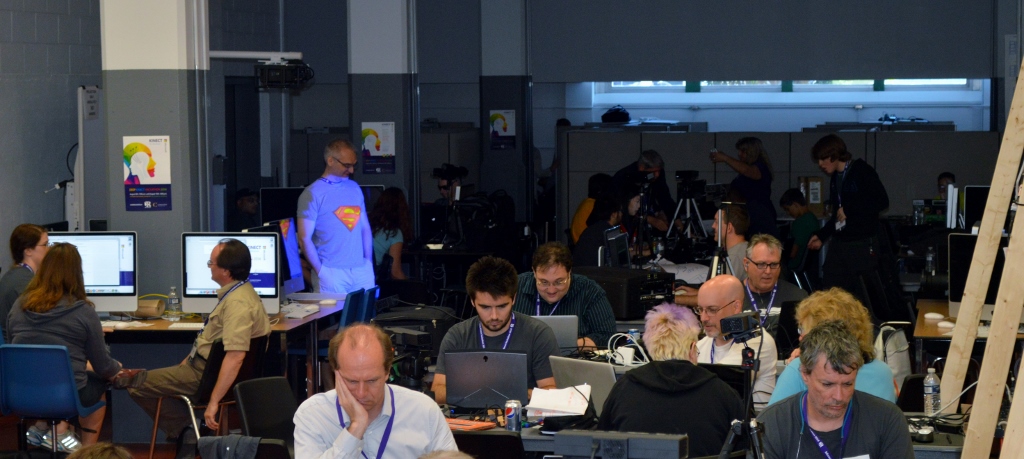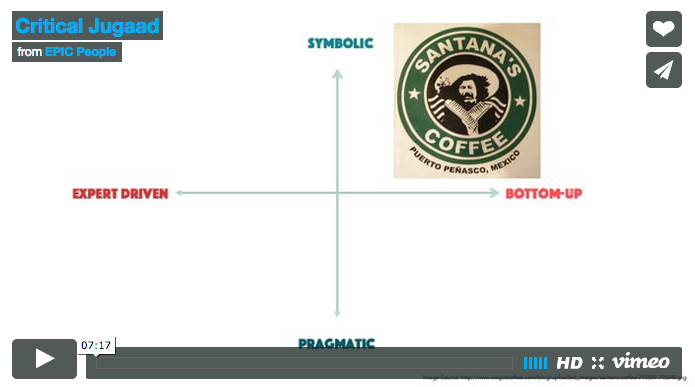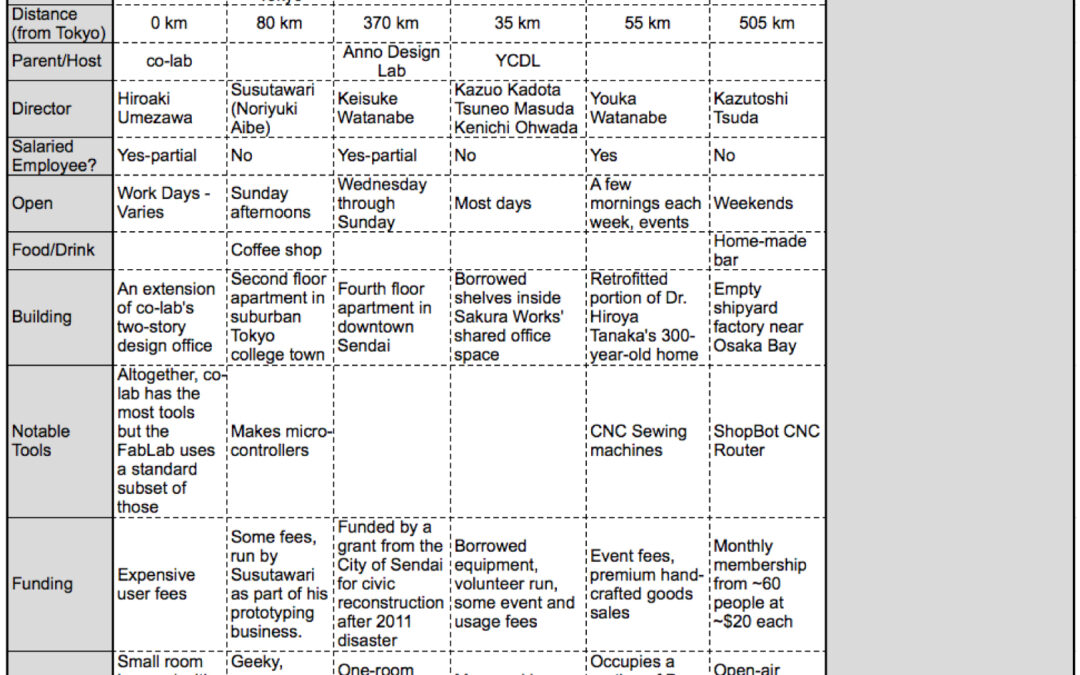I spent 44 hours with hackers to learn that everything I thought I knew about hacking was wrong. In the process, I learned that events like hackathons represent a similar social hub to those Jan Chipchase identifies in his book Hidden in Plain Sight. These hubs help researchers find their feet...






